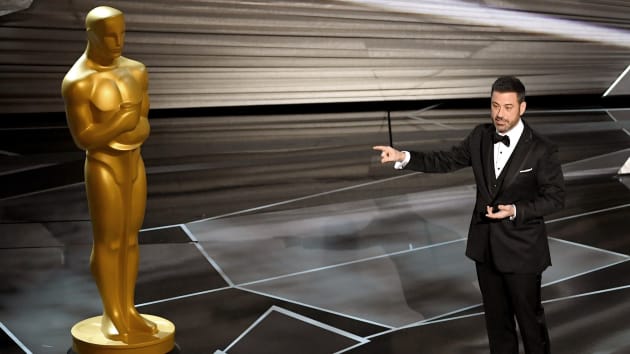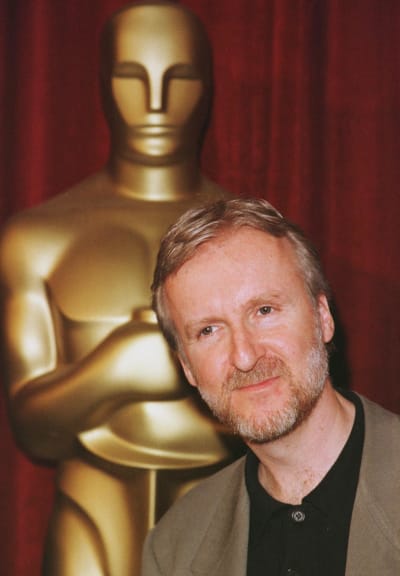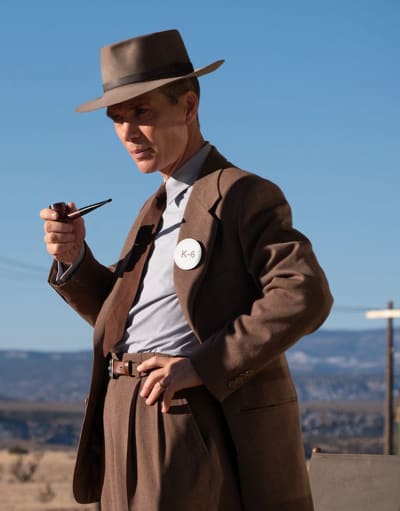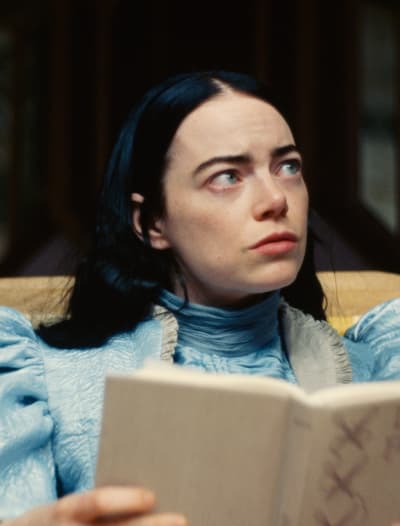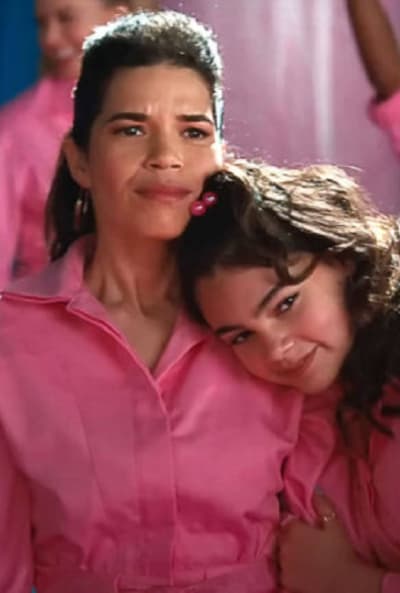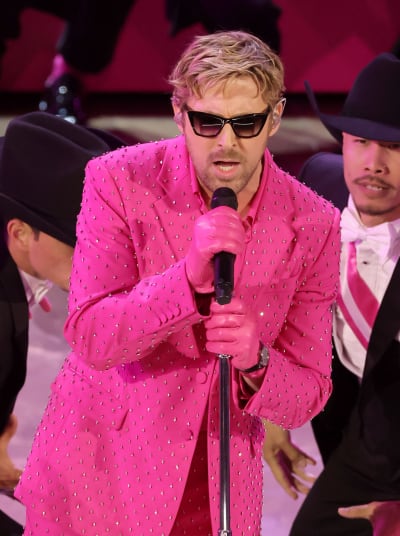This was supposed to be a big year for the Academy Awards.
The battle between Barbie and Oppenheimer that had been raging all award season (and that began when both films hit theaters on the same day back in July) promised a level of enthusiasm for Hollywood’s biggest night that would hearken back to the Oscars’ most recent heyday in the ’90s.
That was an era in which the tastes of Hollywood bigwigs and average moviegoers widely overlapped, resulting in Best Picture wins for popular favorites like The Silence of the Lambs, Unforgiven, Forrest Gump, and Titanic.
Needless to say, the first movies of the 2020s to take home the industry’s biggest prize — Nomadland, CODA, and Everything Everywhere All at Once –Â haven’t achieved quite the same level of populist appeal.
Which is one reason why Academy Award ratings these days look so shockingly paltry when compared to the 58 million who tuned in for James Cameron’s “king of the world” moment in 1998.
The first three Oscars broadcasts of the decade failed to crack the 20 million-viewer mark, and in recent years, the “Hollywood’s biggest night” label has felt less like an accurate description and more like a sadly ironic callback to the days when middle America genuinely cared about the show.
But this was the year that promised to turn the trend around, not only in terms of viewership but with regard to the cultural discourse.
The year of Barbenheimer promised to be the year that the Oscars recaptured Peoria.
Why, then, did the ceremony fail to generate the sort of buzz commensurate with the billion-dollar flicks that dominated the year’s trade headlines?
Ratings aren’t out yet, but social media engagement indicates that interest in the show was no higher than it was at any other point this decade.
(Obviously, the moment in 2022 when Will Smith slapped Chris Rock is an outlier. That was one of the most widely discussed celebrity news items of the 21st century, but it’s not the sort of scene that the Academy can take pride in.
Host Jimmy Kimmel received mixed reviews, with some outlets blasting the ceremony as “boring” and uninspired.
“The Oscar broadcast didn’t feel like anybody’s biggest night,” wrote Kelly Lawler of USA Today.
“It felt small, unimportant, skippable. It didn’t get anywhere close to the urgency or relevancy of the nominated films. Ken might be enough, but Oscar certainly isn’t.”
Part of the problem is that now more than ever, Americans are simply not on the same page. About anything.
Our sensibilities are all over the map, which is how we end up with a situation in which some viewers decry Kimmel’s opening monologue as needlessly coarse, while others gripe that the show lacked an edge.
So the days of a consensus reaction to any given year’s Academy Awards broadcast might be well behind us.
(For that matter, the days of Americans seeing eye-to-eye on any matter at all might be behind us, but we don’t want to get too bleak on a Monday.)
But from the Academy’s standpoint, it’s okay if the country disagrees on the quality of the show, just so long as they’re talking about it.
And that should’ve been a low hurdle to clear, as this was the first time in years that the Best Picture front-runners were bonafide blockbusters that raked in record box office.
But the Oscars have the same problem as every other entertainment industry award show in that they’re asking regular folk to take an interest in a ceremony that mostly consists of millionaires congratulating each other.
For every populous moment like Ryan Gosling assuming the role of a Ken doll for an old-school musical number, there were several self-congratulatory ones.
The decision, for example, to relive the glory of Oscars past (and extend the show’s runtime on a school night) by trotting out five presenters for every acting category demonstrated a lack of understanding of why the average viewer tunes in.
As usual, there were political moments, and as usual, they had a divisive effect on social media users.
Amateur pundits were mostly on board with 20 Days In Mariupol director Mstyslav Chernov decrying Russia’s invasion of Ukraine during his Best Documentary acceptance speech.
Public opinion was much more split with regard to Kimmel’s decision to read Donald Trump‘s Truth Social posts about the Oscars.
Even Twitter/X users who are critical of Trump felt that Kimmel was guilty of taking the bait and “feeding the troll” and would have been much better off denying 45 a platform.
Maybe that moment and the reaction to it highlighted exactly why the Oscars will never be able to regain their former prominence.
We may have reached the point where we’re no longer capable of temporarily shutting off the parts of our brain most prone to criticism so that we might simply enjoy three hours of beautiful people patting each other on the back.
And that might be a good thing for society as a whole!
But it’s a bad thing for award shows, and as the granddaddy of them all, the Oscars have the most to lose.
We recommend handing next year’s hosting duties to the night’s best presenter, John Mulaney, in a last-ditch effort to switch things up!
What did you think, TV fans? Are the Oscars toast? Hit the comments section below to share your thoughts.
Tyler Johnson is an Associate Editor for TV Fanatic and the other Mediavine O&O sites. In his spare time, he enjoys reading, cooking, and, of course, watching TV. You can Follow him on X and email him here at TV Fanatic.
Read the original article here



